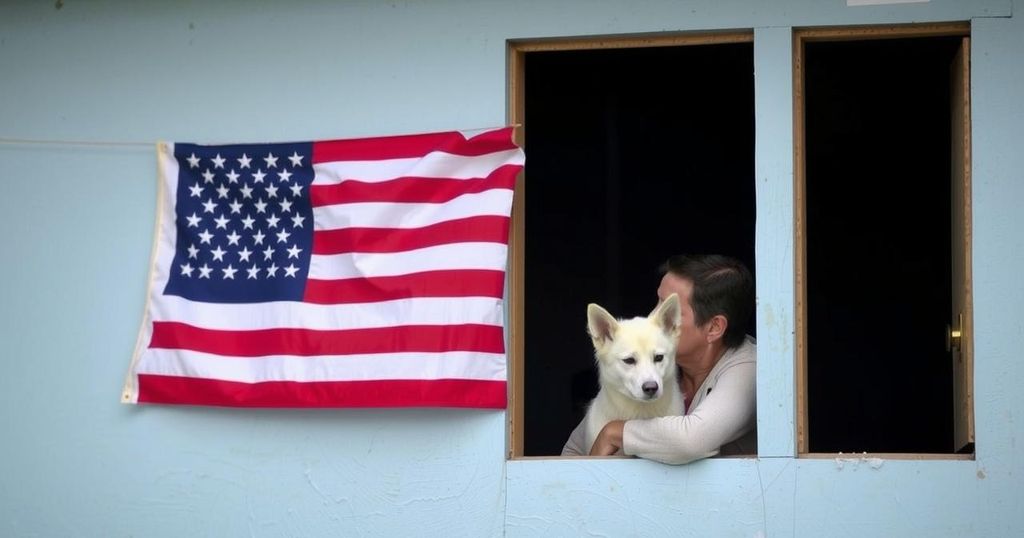Panama’s President Jose Raul Mulino urged President-elect Donald Trump to continue U.S. aid for deporting migrants, having utilized $1 million to deport over 1,000 individuals since July. The nation has initiated deportation flights primarily to Colombia and Ecuador but is unable to deport Venezuelans due to a landing ban in Venezuela. With over 300,000 migrants crossing the Darién jungle this year, the arrival of Trump raises questions about further U.S. immigration policies.
Panama’s President, Jose Raul Mulino, has formally requested that President-elect Donald Trump maintain the current U.S. financial support for the deportation of migrants attempting to traverse through Panama towards the United States. Since July, the United States has contributed $1 million, which aided in deporting over 1,000 migrants from Colombia. President Mulino, who took office with a mandate to halt migrant transit through Panama, emphasized the importance of continued aid under the incoming Trump administration.
His government has coordinated around 30 deportation flights to countries such as Colombia, Ecuador, and India. However, the deportation of Venezuelans, who constitute a significant portion of the migrants, has been impeded due to a ban on Panamanian flights landing in Venezuela—an action taken by Caracas in response to criticisms regarding President Nicolas Maduro’s re-election claims.
The Darién jungle remains a crucial corridor for South American migrants aiming to reach the U.S., with over half a million individuals undertaking this perilous journey in 2023. While the number of crossings has decreased—approximately 300,000 migrants this year, a 41% drop compared to the previous year—President Mulino attributed this decline partly to the ongoing deportation efforts.
As President Trump prepares to assume office on January 20, he has signaled intentions to implement an extensive deportation strategy targeting undocumented migrants. His transition team has compiled a list of nations from which migrants may be deported, including Panama. However, Panama has made it clear that it will only accept the return of its own citizens.
The current issue revolves around the relationship between Panama and the United States concerning immigration and border control. Under President Mulino’s administration, there is a concerted effort to manage the flow of migrants, particularly those seeking to travel northward through Central America. The complex dynamics at play include geopolitical tensions, especially with Venezuela, and the broader migrant crisis affecting multiple nations in the region. The pressure on Panama’s infrastructure and resources due to the influx of migrants underscores the need for international support, particularly from the United States, to address these challenges effectively.
In summary, Panama’s appeal to President-elect Donald Trump highlights the critical need for continued U.S. support in managing the migrant crisis. The administration’s stance on deportations and collaboration with U.S. authorities will play a significant role in shaping the future of migrant transit through Panama. As both nations navigate these complex issues, it is imperative that mutual agreements are established to handle the influx of migrants while addressing humanitarian considerations.
Original Source: www.arabnews.com






